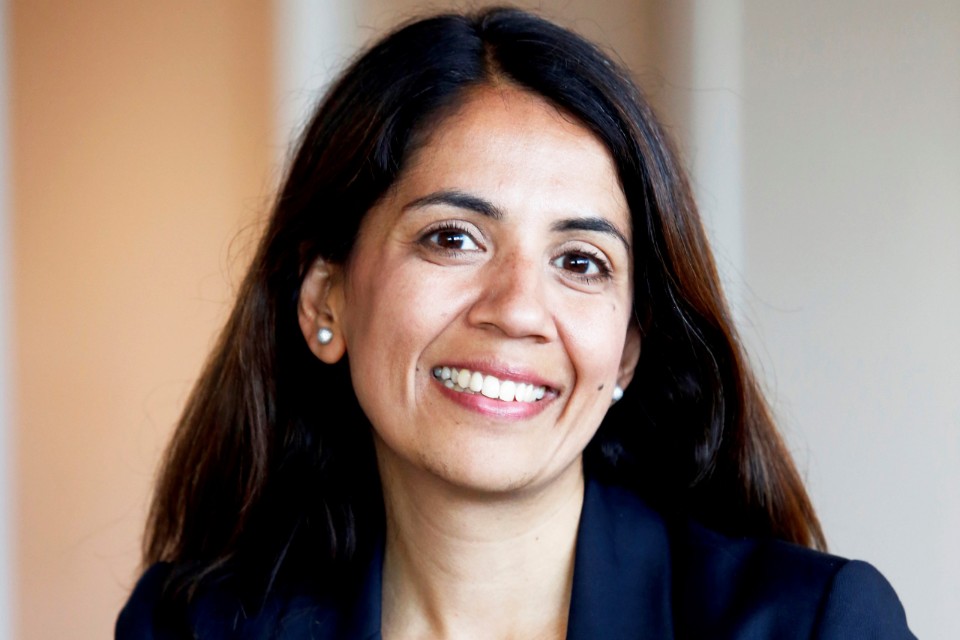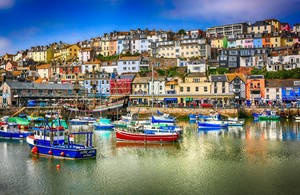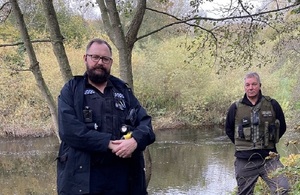Mr. President, thank you and good afternoon to everyone from London. You are a dear friend of the United Kingdom and thank you for convening this debate today.
It is indeed timely ahead of our adoption vote in this Council, and indeed in the UN General Assembly of the critical twin resolutions on peacebuilding and sustaining peace – texts, that St Vincent and the Grenadines have so expertly shepherded.
I also, right from the beginning, wish to thank our three briefers, Ibrahim Miyaki, Sir Hilary Beckles and His Excellency Munir Akram. And of course, it’s always very heartening to have the expert insights of the Deputy Secretary-General, my dear friend, Amina Mohammed, who set the scene so excellency with this update.
As the United Kingdom’s minister for the United Nations and the Commonwealth, I’m deeply grateful for your country’s close partnership with ourselves, especially in these global institutions.
Mr President, whilst power politics, aggression and oppression remain very real factors behind many of today’s conflicts we are increasingly aware of new and emerging threats to our peace. One of the contemporary drivers of conflicts is exclusion: exclusion of vulnerable communities, exclusion of religious minorities, exclusion of women from civil, political, economic and social processes, exclusion that leads directly to poverty, desperation, violence and extremism. And it takes no great leap to understand how the strains placed on societies grappling with public health emergencies or the impact of climate change can exacerbate these threats.
2020 is certainly testament to that very fact. They make violent conflict more likely and threaten to roll back hard-won development and peace gains – especially, but not only, in the poorest countries and those already affected by insecurity and conflict. The sustaining peace agenda has brought home to all of us the importance of understanding, how peace, security and sustainable development are not independent, they’re interconnected. Based on this agenda, we have begun to refine our collective approach, building and sustaining peace. And, Mr. President, if I may, I just wanted to make three very brief points.
Firstly, tackling the impact of climate change is critical alongside broader efforts to sustain peace. Secondly, good governance and inclusion are fundamental. And thirdly, we must coordinate our collective efforts to build effective partnerships in order to prevent conflict in the first place.
On my first point, Mr President, climate change is creating structural conditions that multiply conflict risks in countries around the world. The erosion of fertile land is increasing food scarcity and intercommunal tensions. In small island developing states, hurricanes and rising sea levels threaten whole communities and some country’s very existence. I saw this myself as Minister for the British Overseas Territories and our relationship with the Caribbean. We must address the manmade causes of climate change, and the upcoming COP26 in Glasgow in the United Kingdom next year, I believe, presents a great opportunity for all of us to agree collective and real, concerted action.
To my second point, I’ve already referenced the problem of exclusion as a key driver of conflict. Even advanced economies are susceptible to shocks. Development and peace gains can be undone if large parts of the population are marginalised or human rights are not respected, sustained or indeed strengthened. And let us be absolutely clear: a country that protects the rights of the most vulnerable, the rights of the socially excluded, the rights of minority communities, the rights of women, those are the stronger nations. Those are the progressive nations. It is a sign of strength and the unity of a nation when all rights are equally respected.
Strong and inclusive institutions, respect for human rights, access to services, healthy democracy, the rule of law, and the empowerment of women are all essential to building resilience and building sustainable peace.
And to my third point, Mr. President, better analysis provides for better national and international responses. Coordinated planning among national stakeholders, the UN, and other international partners can focus preventive efforts and ensure they are appropriately resourced. This includes the UN and International Financial Institutions working in a more coordinated manner to support peacebuilding objectives.
In New York, the Peacebuilding Commission has increasingly demonstrated its value as a forum for countries and organisations to come together in pursuit of shared peace and development objectives.
Mr. President, it is these approaches that are paramount to more effective conflict prevention, and they must be owned by each and every one of us.
The Council can, of course, play an important supporting role, but it also has a key obligation. Where threats to international peace and security emerge we cannot simply sit back or stand back. The UN Charter, as we’ve already heard from other contributors, together with international treaties, places obligations on states to respect human rights and international humanitarian law. And it is this Security Council, which has an obligation to call out violations for what they are, threats to fundamental peace and security around the world.
Mr. President, in concluding the need for international cooperation is arguably greater than it has been for a generation. And poignantly, the United Nations in its seventy fifth anniversary year, can celebrate its unique role it’s played in the past in building peace, sustaining peace, in strengthening peace. But most importantly, us, the Security Council, us, the United Nations, which define the United Nation, must look forward to seeing what we can do collectively in building, sustaining and strengthening peace around the world.
Thank you, Mr. President.


